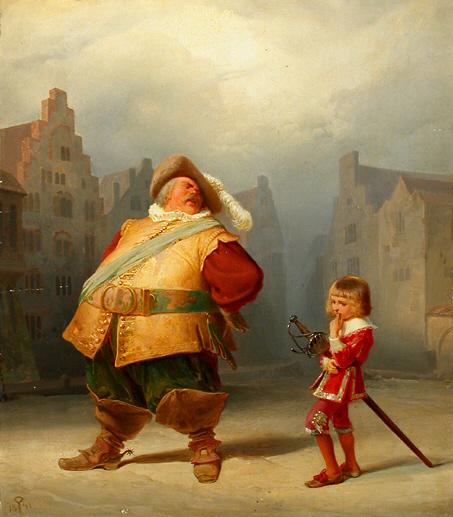Giuseppe Verdi’s last opera “Falstaff”, whose libretto was adapted by Arrigo Boito, premiered on 9 February 1893 at La Scala in Milan.
The awareness that it would have been the last work of the Maestro, attracted an exceptional audience to Milan, composed by personalities like Giosuè Carducci, Pietro Mascagni, Giacomo Puccini, the princess Letizia Bonaparte and the most famous critics at international level. It was a great triumph for the eighty-year-old musician.
Applauses and acclamations welcomed the performance of the lyric comedy based on two works by William Shakespeare, “The Merry Wives of Windsor” and “Henry IV”. Among the Milanese there were even episodes of mass hysteria, so much that Verdi met some difficulty in reaching the hotel where he was staying, not to mention ovations, calls to the balcony and tributes that continued until late at night.
However “Falstaff” did not only arouse admiration and praise: the accusations of “Wagnerian influence” were soon arriving, although some of them were inappropriate. If the blunder of an alleged Wagnerian influence could find a foundation in the case of “Othello”, the name of the German composer was instead made inappropriately for the last Verdi effort.
Rather, it would be more appropriate to speak of a reconciliation of Verdi himself with the entire German romantic music.


